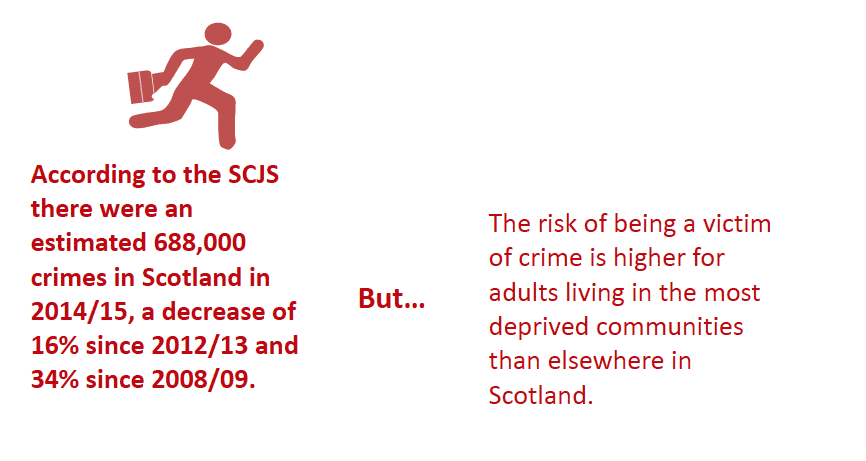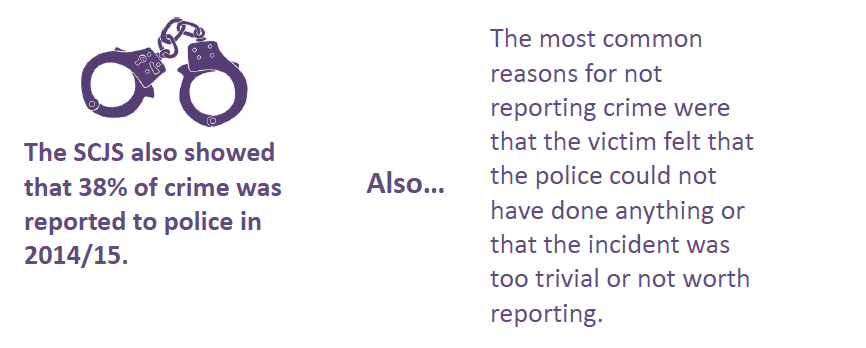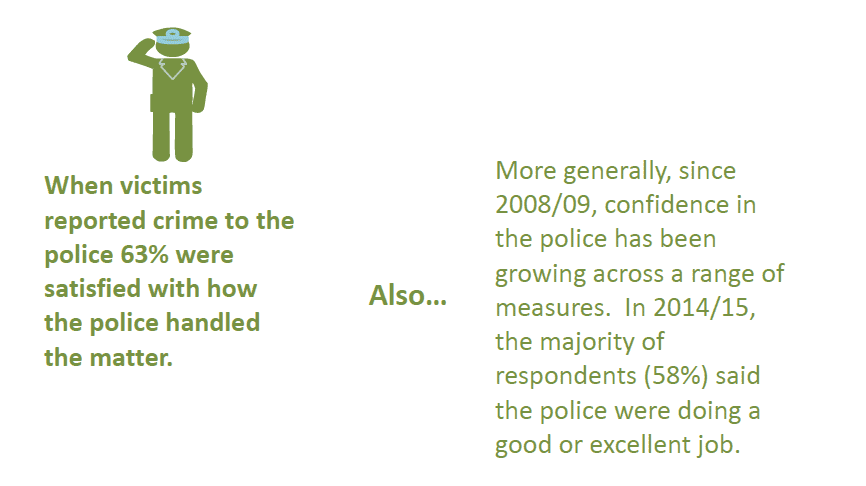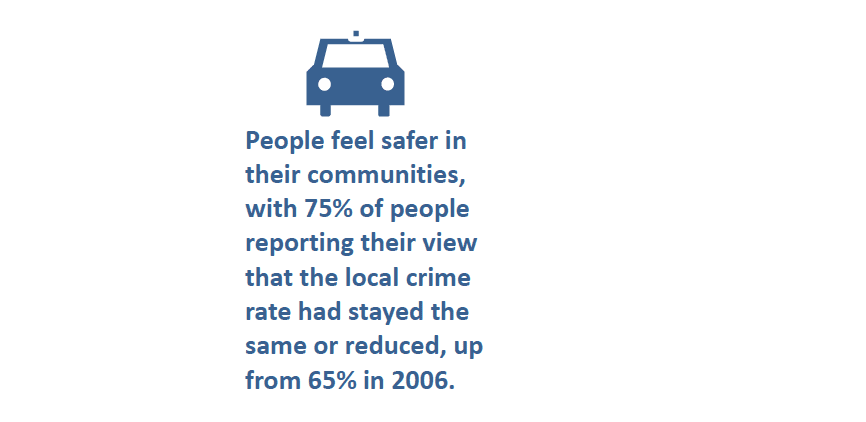Town Centre Planning Pilot: Glasgow pay day lending and betting shops: case study
Case study including an analysis of town centre data relating to pay day lenders and betting shops in Glasgow.
1. Background
Why we are consulting
In September 2015, the Scottish Government set out its intention to work with members of the public, communities and elected representatives to review our national priorities for policing. These national priorities are set under the Police and Fire Reform (Scotland) Act 2012 [1] (the Act) and are more commonly referred to as the Strategic Police Priorities.
The Strategic Police Priorities provide the top level framework for what is expected of our police service. The current priorities [2] were set in 2013 in the context of the creation of a new national police force and police authority.
Police Scotland and the Scottish Police Authority
Police Scotland is Scotland's national police force and works to improve the safety and wellbeing of people, places and communities across the country. The Scottish Police Authority ( SPA) is tasked with maintaining policing, promoting policing principles and continuous improvement of policing, and holding the Chief Constable to account.
The introduction of this structure represents perhaps the biggest public service reform for a generation. It has delivered efficiencies and ensured that communities across Scotland have access to specialist expertise and equipment whenever and wherever it is required. At the same time, local policing remains the bedrock of policing in Scotland. Designated Local Commanders for each of Scotland's 13 geographical policing Divisions work with communities, elected Local Authority Police Scrutiny Committees and other partners to shape and deliver policing in their area.
Much progress has been made since 2013 in delivering the benefits of police reform, in terms of protecting front line resources while making necessary efficiencies, and at the same time building effective national capabilities that would have been beyond the means of most of the predecessor forces. As with any change as significant in both scale and ambition as this, the process of reform has presented challenges and it is important that we learn from these, using our past experience to deliver future improvement.
The review of the Strategic Police Priorities provides an opportunity to discuss what we see as the key outcomes from the next phase of reform and ensure policing is truly reflective of the needs of communities across the country. To aid that dialogue, this consultation paper presents a set of draft revised Priorities which have been informed by our experience to date and by the wide range of discussions we have taken forward as part of our initial process of consultation with key stakeholders. The Priorities are focused on six themes:
- Localism
- Prevention
- Response
- Collaborative working
- Accountability
- Adaptability
Taken together, they set the tone for the planning of police services in Scotland. They are not intended to direct specific areas of operational policing activity but rather are intended to give a broader strategic direction to Police Scotland and the SPA.
The Scottish Government is keen that as many people, communities and organisations as possible have the opportunity to contribute to the development of the Priorities, ensuring they offer a true reflection of what the people and communities of Scotland expect from their police service.
The deadline for responses to this consultation is 16 August 2016.
The context for the Strategic Police Priorities
As well as providing for the Strategic Police Priorities, the Act also sets out the duties of Police Scotland and the SPA, whilst the main purpose of policing is set out under the policing principles:
Policing principles
"(a) that the main purpose of policing is to improve the safety and well- being of persons, localities and communities in Scotland, and
(b) that the Police service, working in collaboration with others where appropriate, should seek to achieve that main purpose by policing in a way which-
(i) is accessible to, and engaged with, local communities, and
(ii) promotes measures to prevent crime, harm and disorder."
The draft Strategic Police Priorities set out in this document have been developed with the policing principles in mind. They also take account of Scotland's national outcomes [3] and justice outcomes [4] , build on Scotland's well established approach to public service reform [5] and aim to be consistent with work following the Community Empowerment (Scotland) Act 2015 [6] regarding community planning.
People's experiences of crime and policing in Scotland
The Scottish Crime and Justice Survey [7] ( SCJS) is a large-scale social survey which asks people about their experiences and perceptions of crime. The survey is important because it provides a picture of crime in Scotland, including crimes that haven't been reported to, or recorded by, the police and captured in police recorded crime statistics. Around 11,500 adults in private households from across Scotland took part in the 2014/15 survey.
The 2014/15 SCJS results were published in March 2016 and help to set further context for policing in Scotland.
Extent of Crime

Reporting Crime

Public Satisfaction and Confidence

Perceptions of Crime

Contact
Email: Kristen Anderson, architecture@gov.scot
There is a problem
Thanks for your feedback